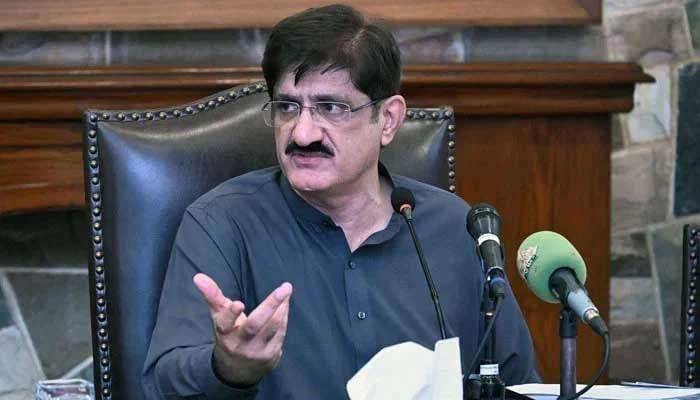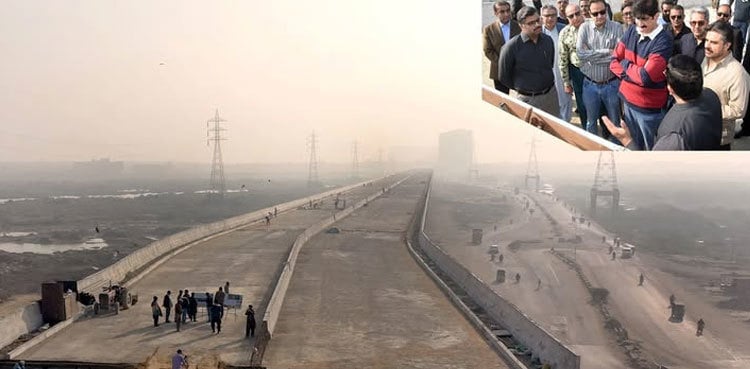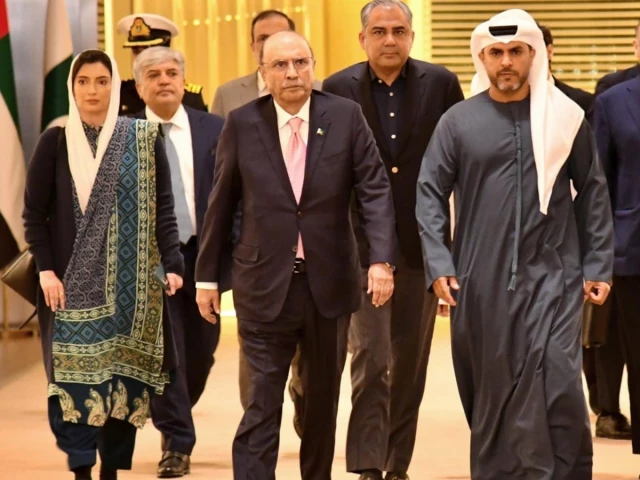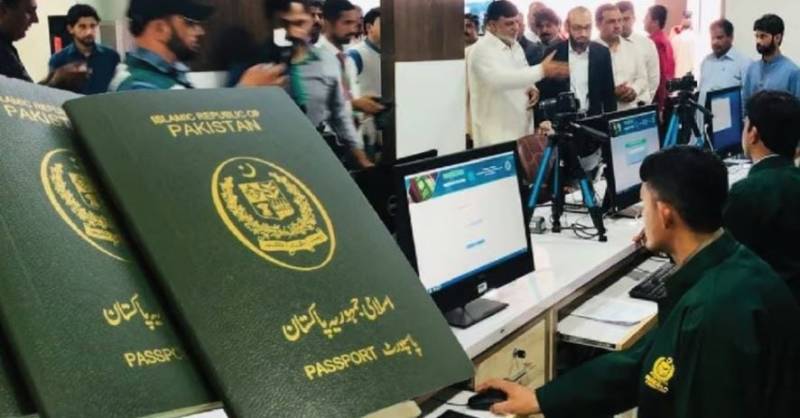Govt warns of legal action over ‘objectionable’ lyrics at public, private events
LAHORE:
…

Govt warns of legal action over ‘objectionable’ lyrics at public, private events
…

Chief Minister Sindh Murad Ali Shah will inaugurate the new Korangi Causeway Bridge on Monday.
The 1.4-kilometre bridge was constructed at a cost of Rs6.135 billion and is designed to ease traffic for residents of Korangi and Landhi, especially…

KARACHI: Chief Minister of Sindh Murad Ali Shah will inaugurate the new Korangi Causeway Bridge on Monday (today).
The new bridge, with 1.4-kilometer length, has been constructed with an approved cost of Rs. 6,135.146 million.
The bridge will…

Will hold meetings with leadership to review bilateral relations with focus on trade, defence, security
President Asif Ali Zardari arrives in Abu Dhabi, UAE on Monday. — PID

Federal Interior Minister Mohsin Naqvi on Monday inaugurated a state-of-the-art monitoring system, Secure Hybrid Intelligence for Knowledge Band Response Analytics (SHIKRA), at the Directorate General of Immigration & Passports, aimed at…